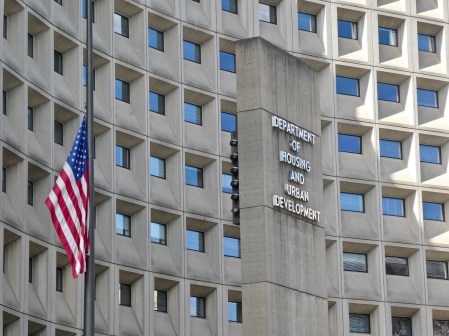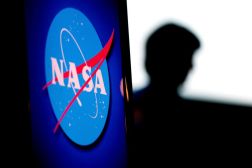NASA space technology chief Jim Reuter to retire next month

Jim Reuter, the associate administrator of NASA’s Space Technology Mission Directorate, is set to retire, the agency has announced.
Reuter will step down from his post on June 30 after 40 years of service at the space agency.
The technology executive has led NASA’s Space Technology Mission Directorate since 2018 and before joining that division worked in multiple leadership roles in the agency’s human spaceflight programs and at Marshall Space Flight Center.
His career at the agency began at the Marshall Space Flight Center, where he was initially an aerospace engineer in the structures and propulsion laboratory. Reuter has since led offices including those responsible for the International Space Station, Constellation and Space Shuttle Programs. He played a leading role in managing the shuttle’s return to flight after the Columbia Shuttle disaster.
Commenting on his departure, NASA Administrator Bill Nelson said: “Under Jim’s leadership, STMD expanded its excellent work developing cross-cutting technologies that support NASA’s current and future missions for the benefit of all, demonstrating technologies that provide more efficient ways of sending data, improved propulsion, next-generation landing capabilities, and more.”
NASA will conduct a nationwide search and open competition for a new associate administrator.
In January, NASA named A.C. Charania as its agencywide chief technologist, in which role he will serve as principal adviser to the NASA administrator at the agency’s headquarters in Washington, D.C.
That appointment followed a yearlong search by the agency for a new innovation leader to help improve commercial partnerships with the U.S. space industry.






